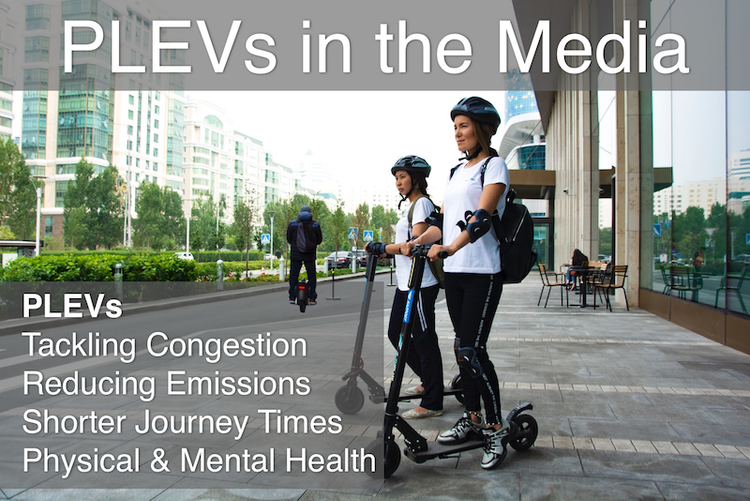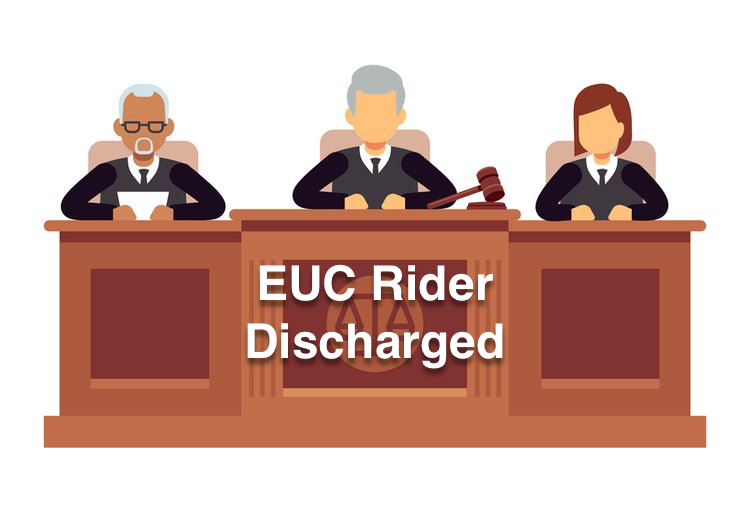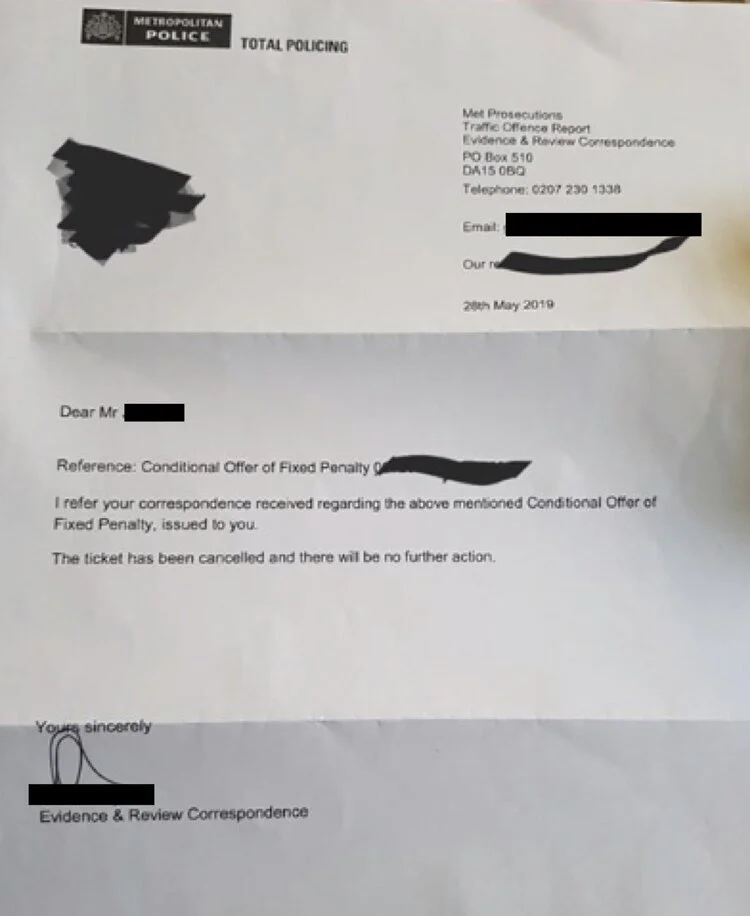In a notable move “Zag Daily” reported that the Transport Research Laboratory (TRL) and Warwick Manufacturing Group (WMG) have secured a contract from the UK's Department for Transport (DFT) to shape the technical requirements for future electric scooter legislation.
While the move signals progress in modernising the UK's transport sector, it comes amid criticisms of regulatory delay and concerns about meeting climate change targets.
Context: UK's Slow Regulatory Progress and Climate Implications
The rise of e-scooters and other personal electric vehicles (PEVs) such as electric unicycles, electric skateboards and one wheels, presents not only regulatory challenges but also opportunities for reducing carbon emissions.
In 2015, Prime Minister Boris Johnson expressed his frustration with the UK's sluggish progress in legalising e scooter devices, stating, "Stop this ludicrous and nannying prohibition on the electric scooter-surfboard gizmos."
However, the slow regulatory response has implications beyond convenience and mobility. The delay in integrating electric scooters and other PEVs into the UK's transport infrastructure, might hinder the country's efforts to meet its climate change targets, given the potential of these vehicles to reduce carbon emissions.
The DFT Contract: A Late but Crucial Initiative
Despite the criticisms, the DFT contract is a crucial step towards electric scooters legal. TRL and WMG will work on establishing technical requirements for e-scooters by the end of 2023.
These standards are expected to be completed by mid-2024, communicated to manufacturers at the start of 2025, and implemented across the UK by the end of 2025.
Unraveling the Likely Approach of TRL and WMG
What will TRL and WMG be doing? Currently privately owned electric scooters are classed as “motor vehicles”. Although we don’t have specific details, it is likely the establishment of technical requirements for electric scooters willl be as follows:
Phase 1: Research and Analysis
To begin, TRL and WMG will likely embark on an extensive research and analysis phase, aiming to draw on global best practices for e-scooter regulation. This would involve studying successful models from other countries, understanding key safety and operational concerns, and factoring in unique local conditions and requirements.
Phase 2: Technical Standard Development
Following the research, the organisations are expected to formulate a comprehensive set of technical standards for e-scooters. These would cover crucial aspects like safety features, durability, maximum speeds, battery efficiency, and design specifications.
In developing these standards, they would need to strike a balance between ensuring public safety and enabling the benefits that e-scooters offer, such as mobility convenience and carbon footprint reduction.
Phase 3: Stakeholder Engagement
Once the technical standards are defined, TRL and WMG will likely engage with key stakeholders – manufacturers, local authorities, safety organizations, and e-scooter users. This would involve disseminating the new guidelines and gathering feedback to fine-tune the regulations.
Phase 4: Implementation and Monitoring
The final phase would involve implementing these regulations across the UK, possibly requiring legislative amendments. TRL and WMG would also likely play a role in monitoring the impact of these regulations, conducting ongoing reviews and recommending changes as necessary.
Impact on Existing e-Scooter and PEV Owners
Existing electric scooter, electric unicycle and other PEV owners will likely be directly affected by these new regulations. Subject to the scope of the new regulations, owners may need to adapt their vehicles to meet new standards concerning safety, performance, and durability. Restrictions may be applied to non-compliant models and requirements for vehicle registration and insurance may be introduced.
However, these changes also promise benefits, such as greater safety and legal clarity, which could boost the adoption of these eco-friendly vehicles.
The road traffic act 1988 remains in place as UK law stating that privately owned devices may only be ridden on private land, with the land owners permission.
The Bigger Picture: Climate Change Targets
Making privately owned electric scooters legal along with electric unicycles and other PEVs has far-reaching implications for the UK's climate change targets.
PEVs offer an environmentally friendly alternative to traditional modes of transportation, and their widespread use could significantly contribute to reducing greenhouse gas emissions.
However, the slow pace of regulation and subsequent delay in the widespread adoption of e-scooters and PEVs could put the UK's climate goals at risk.
By accelerating the regulatory process, the UK could potentially capitalise on the environmental benefits of PEVs sooner and make meaningful progress towards its climate commitments.
New York State implemented a temporary amnesty to encourage use of PEVs (electric scooters, bikes and other PEVs), during development of their regulations. Such an amnesty helped provide New York State with essential data regarding privately owned PEVs.
e Scooter Trials Status
UK rental e scooter trials will continue to run where relevant, until the current cut off date of 31st May 2024.
Conclusion: An Overdue Step Towards Sustainability
The collaboration between DFT, TRL and WMG signals progress, despite being overdue. The upcoming regulations will shape the future of electric scooters and PEVs in the UK, facilitating their safe, legal, and responsible use.
Although these standards are not expected to be implemented across the UK until by the end of 2025, we are not yet clear what the impacts are regarding the original 2024 legislative timescales.
More importantly, by promoting the adoption of these environmentally friendly vehicles, the UK has a chance to advance towards its climate change targets, even if the pace has been slower than hoped.
Let me know in the comments, your thoughts regarding current progress.


















